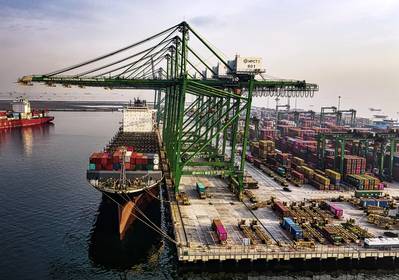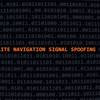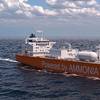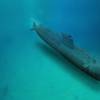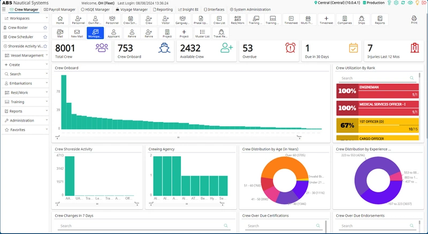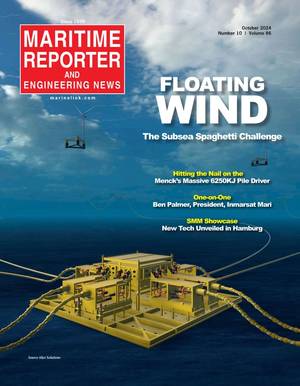Optimarin Maintains BWTS Deliveries Amid Supply Chain Challenges
Norwegian ballast water treatment systems manufacturer Optimarin said it has so far been able to overcome global supply chain challenges by leveraging a flexible delivery model for key components for its systems.
While the world continues to deal with supply chain issues brought on by the COVID-19 pandemic and the Ukraine crisis, the company has implemented a dual-supplier strategy that has enabled it to maintain efficient system deliveries even though supply capacity has been strained as demand has rebounded, explains executive vice president supply chain Karl Morten Skjæveland.
“Optimarin operates a lean and highly integrated supply chain based on strong and close cooperation with a network of trusted and reliable suppliers,” he said. “The company also has in-house control of the critical elements of the value chain, which makes the business scalable and flexible.”
This has proven timely as Optimarin has seen increasing orders for its market-leading BWTS due to the urgent need to retrofit thousands of vessels to achieve compliance with IMO ballast water regulations.
The Norwegian ballast water specialist has continued to be able to source high-quality components that underpin its system.
Skjæveland says the company has a very efficient ordering process whereby parts orders are automatically placed with suppliers and shipped to a central warehouse in Luxembourg before onward shipment for installation and commissioning.
The modular nature of the system means it can be transported in a compact form to minimize the environmental footprint of logistics and this also facilitates ease of installation onboard a vessel, he said.



